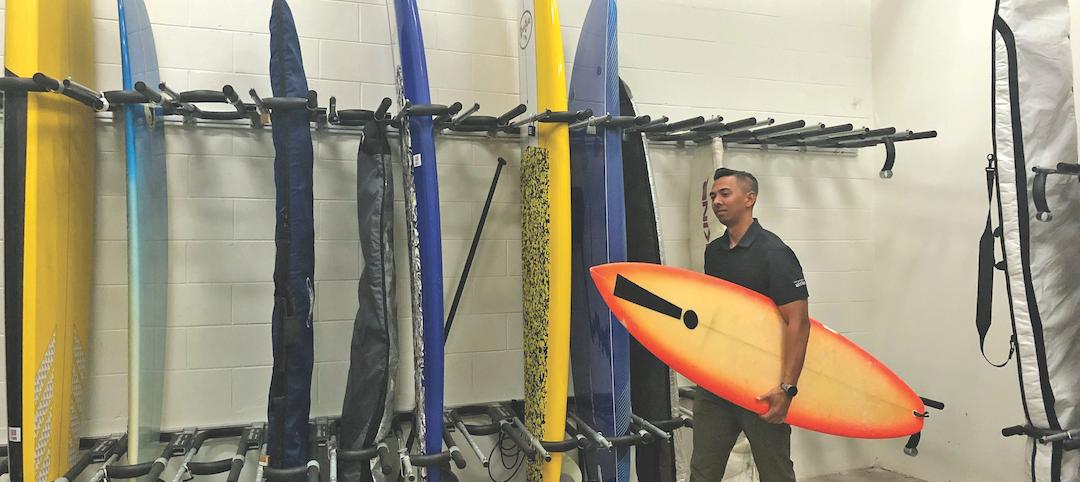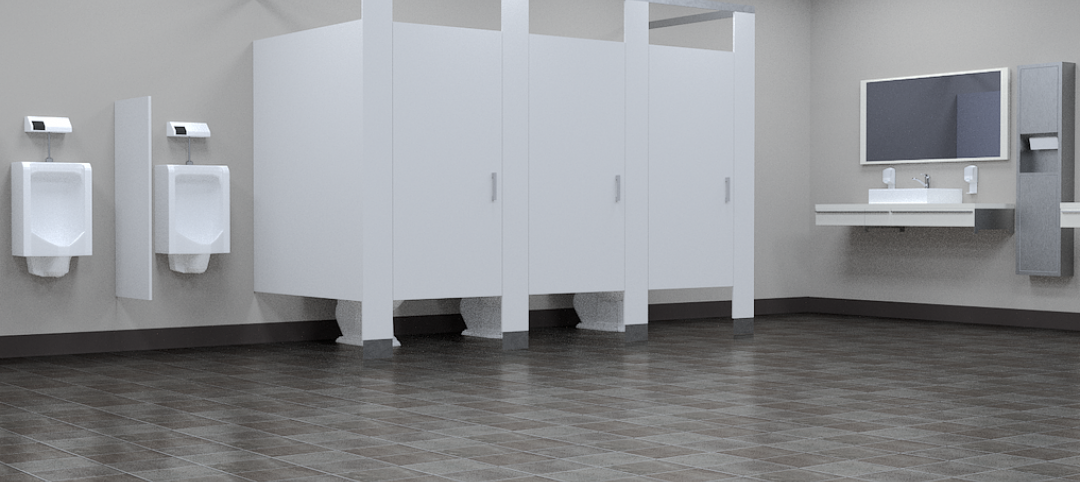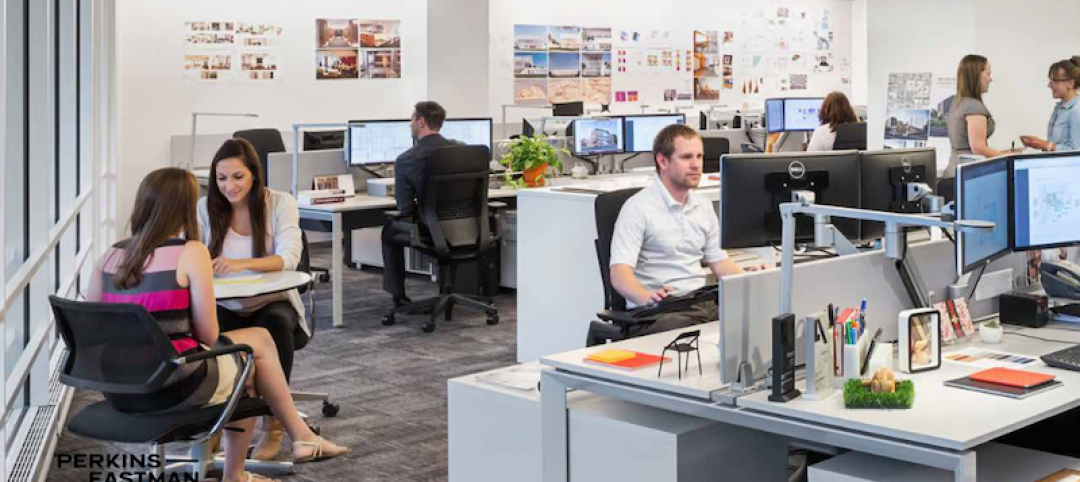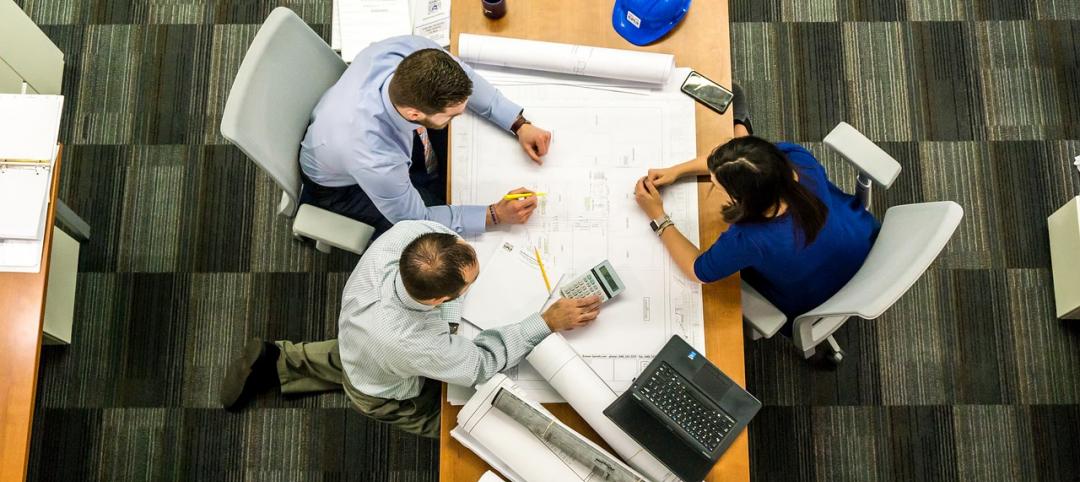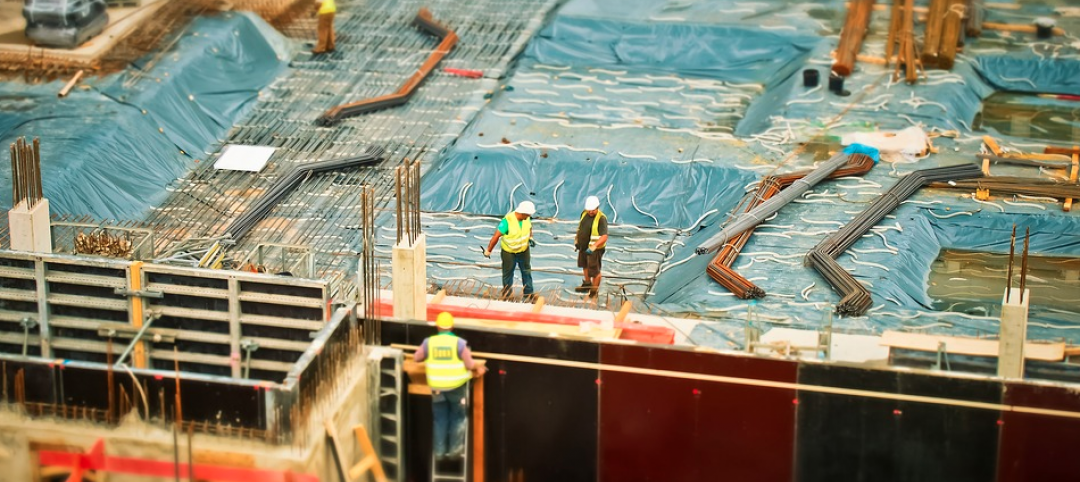Our Healthcare Program Solutions team spends much of its time representing owners as they work their way through the execution of major capital programs. Many of our team members have spent time not only on the consulting side of the owner’s team but have worked for some of the clients we serve. In order to deliver superior outcomes to our healthcare clients, we have to know what our clients want. To do this, we spend time communicating with owners and listening to their thoughts on firms and people they hire for support. Based on that feedback, we offer the following three thoughts about what we believe our clients want—for us to collaborate, listen, and understand.
Collaborate
Most owners we partner with want teams that work effectively together to solve problems. As the primary holder of risk on any given project, owners realize there is a cost associated with poor teamwork and constant conflict. Owners do not expect perfection, but they do expect teams to find solutions to the problems we uncover (or create). They want us to learn from difficult situations and not repeat them. Certainly, the typical contract structure is at times an impediment to this way of thinking given that each firm is legally incentivized to protect themselves. With that said, we would argue that teams working together to solve problems, focusing on the greater good of the project, ultimately reduce the risk to their individual firms. In our experience, project teams exhibiting this type of behavior find themselves completing projects that meet their client’s needs.
Listen
Perhaps the most common complaint we hear from our clients is that team members are not listening to what they have to say. It’s virtually impossible to receive high performance marks from the client if you aren’t seen a good listener. One of my favorite quotes by Gene Buckley states, “Don’t try to tell the customer what he wants. If you want to be smart, be smart in the shower. Then get out, go to work and serve the customer!” Practice these simple tasks;
- Don’t interrupt when the client is talking
- Don’t inject yourself into their narrative of the problems they need your help to solve
- Just listen, quietly and intently
- Ask questions to clarify issues so your team has a clear understanding of what they’re being asked to do
- Thoughtfully bring back options and potential solutions
- Listen again, and again
Understand
Healthcare in the United States is complex and fraught with uncertainty. It often seems like the burden of navigating the rules of operating successfully are left to the clients we serve. In our experience, healthcare owners value service providers who understand the world the owner lives in—one who can think about how (or if) we can leverage the design and construction process to address some of these problems. These challenges may not always be conducive to a strict design and construction schedule. A simple example is using major capital projects to help maintain or even improve physician relationships. These key constituents have unique needs and, like all of us, want to be heard and listened to. Find the time and the way to do this. Involve them in your process and go out of your way to accommodate their daily schedule and be responsive to their thoughts.
Conclusion
Spend time considering the issues your client faces. Then, spend time considering how your area of expertise can be leveraged to address and overcome those challenges. Be flexible and willing to do whatever it takes to make the client successful. We have to partner together, no matter what side of the table you sit on.
As always, we welcome your thoughts and ideas on how we can together provide better service to our clients.
Related Stories
Multifamily Housing | Aug 19, 2019
Top 10 outdoor amenities in multifamily housing for 2019
Top 10 results in the “Outdoor Amenities” category in our Multifamily Design+Construction Amenities Survey 2019.
Multifamily Housing | Aug 12, 2019
Multifamily Amenities 2019: Rethinking the $30,000 cup of coffee
What amenities are “must-have” rather than “nice to have” for the local market? Which amenities will attract the renters or buyers you’re targeting? The 2019 Multifamily Amenities Survey measured 113 amenity choices.
Codes and Standards | Jun 27, 2019
Public restrooms being used for changing clothes, phone conversations, and 'getting away'
About 60% of Americans use a public restroom one to five times a week, according to the latest annual hand washing survey conducted by Bradley Corporation.
Industry Research | Jun 11, 2019
New research suggests individual work spaces increase productivity
The research was conducted by Perkins Eastman and Three H.
Industry Research | Apr 8, 2019
New research finds benefits to hiring architectural services based on qualifications
Government agencies gain by evaluating beyond price, according to a new Dodge survey of government officials.
Office Buildings | Jul 17, 2018
Transwestern report: Office buildings near transit earn 65% higher lease rates
Analysis of 15 major metros shows the average rent in central business districts was $43.48/sf for transit-accessible buildings versus $26.01/sf for car-dependent buildings.
Market Data | May 29, 2018
America’s fastest-growing cities: San Antonio, Phoenix lead population growth
San Antonio added 24,208 people between July 2016 and July 2017, according to U.S. Census Bureau data.
Industry Research | Jan 30, 2018
AIA’s Kermit Baker: Five signs of an impending upturn in construction spending
Tax reform implications and rebuilding from natural disasters are among the reasons AIA’s Chief Economist is optimistic for 2018 and 2019.
Market Data | Jan 30, 2018
AIA Consensus Forecast: 4.0% growth for nonresidential construction spending in 2018
The commercial office and retail sectors will lead the way in 2018, with a strong bounce back for education and healthcare.
Market Data | Jan 29, 2018
Year-end data show economy expanded in 2017; Fixed investment surged in fourth quarter
The economy expanded at an annual rate of 2.6% during the fourth quarter of 2017.




